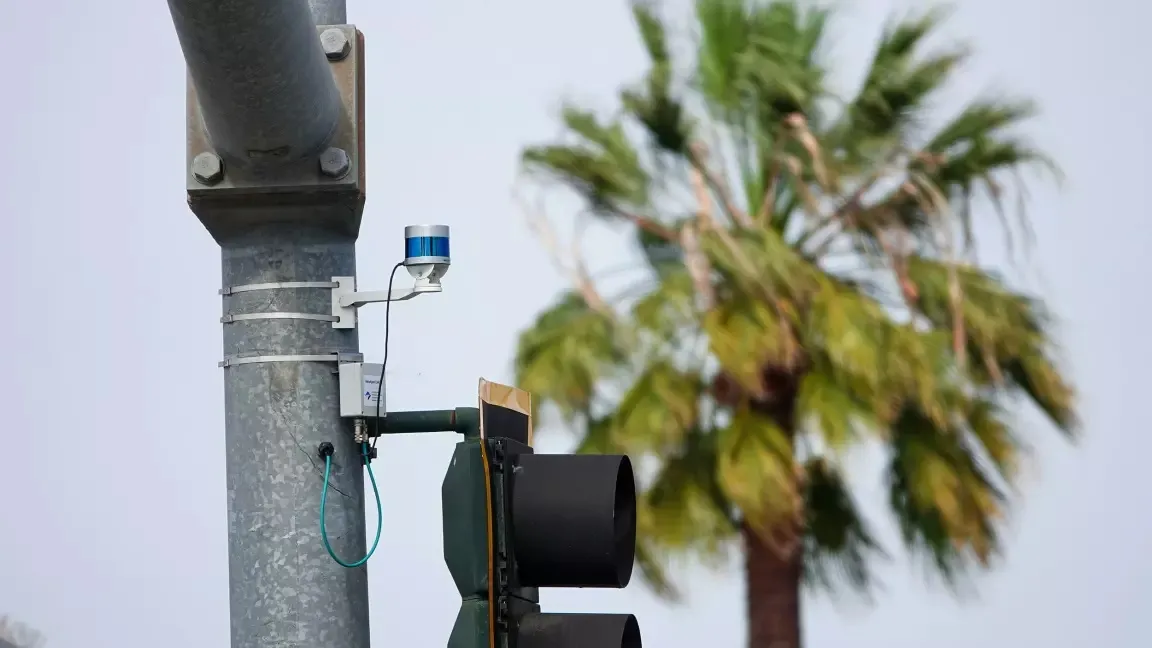Byton is to begin trialling ten battery-powered M-Byte prototype vehicles under actual traffic conditions and on test tracks in Nanjing, China. The SUV will also be trialled in cold weather tests during the winter. Dr. Carsten Breitfeld, CEO and co-founder of Byton, and the company’s president and co-founder Dr. Daniel Kirchert, accompanied the roll-out of the first test vehicles at the prototype manufacturing plant in Nanjing. “The fact that the first M-Bytes are now undergoing road testing is a sign
September 4, 2018
Read time: 2 mins
Byton is to begin trialling ten battery-powered M-Byte prototype vehicles under actual traffic conditions and on test tracks in Nanjing, China. The SUV will also be trialled in cold weather tests during the winter.
Dr. Carsten Breitfeld, CEO and co-founder of Byton, and the company’s president and co-founder Dr. Daniel Kirchert, accompanied the roll-out of the first test vehicles at the prototype manufacturing plant in Nanjing.
“The fact that the first M-Bytes are now undergoing road testing is a sign of the success of our developers and engineers at our locations in the US, China and Europe,” says Kirchert.
The SUV production model will be available as a rear-wheel drive vehicle with a 71 kWh battery (400 km/249 mile range) and a four-wheel drive vehicle with a 95 kWh battery (520 km/323 mile range).
M-Byte will launch in China in 2019 followed by a US and Europe launch in 2020.
Dr. Carsten Breitfeld, CEO and co-founder of Byton, and the company’s president and co-founder Dr. Daniel Kirchert, accompanied the roll-out of the first test vehicles at the prototype manufacturing plant in Nanjing.
“The fact that the first M-Bytes are now undergoing road testing is a sign of the success of our developers and engineers at our locations in the US, China and Europe,” says Kirchert.
The SUV production model will be available as a rear-wheel drive vehicle with a 71 kWh battery (400 km/249 mile range) and a four-wheel drive vehicle with a 95 kWh battery (520 km/323 mile range).
M-Byte will launch in China in 2019 followed by a US and Europe launch in 2020.









